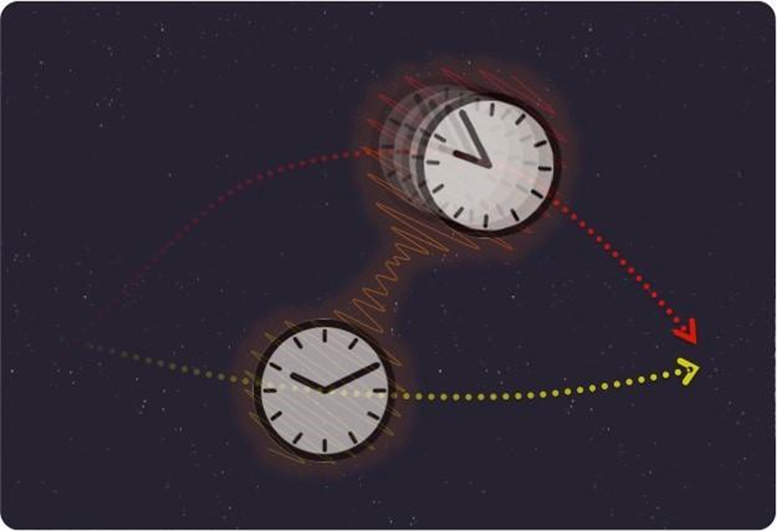
A clock moving in superposition of different speeds would measure a superposition of different elapsing times — in a quantum version of the famous ‘twin paradox’ of special relativity. Credit: Magdalena Zych
More accurate clocks and sensors may result from a recently proposed experiment, linking an Einstein-devised paradox to quantum mechanics.
University of Queensland physicist Dr. Magdalena Zych said the international collaboration aimed to test Einstein’s twin paradox using quantum particles in a ‘superposition’ state.
“The twin paradox is one of the most counterintuitive predictions of relativity theory,” Dr. Zych said. “It says that time can pass at different speeds for people at different distances to an enormous mass or traveling with different velocities.
“For example, relative to a reference clock far from any massive object, a clock closer to a mass or moving at high speed will tick slower. This creates a ‘twin paradox’, where one of a pair of twins departs on a fast-speed journey while the other stays behind. When the twins reunite, the traveling twin would be much younger, as different amounts of time have passed for each of them.
“It’s a mind-blowing effect – featured in popular movies like Interstellar – but it’s also been verified by real-world experiments, and is even taken into consideration in order for everyday GPS technology to work.”
The team included researchers from the University of Ulm and Leibniz University Hannover and found how one could use advanced laser technology to realize a quantum version of Einstein’s twin paradox.
In the quantum version, rather than twins there will be only one particle traveling in a quantum superposition.
“It’s a mind-blowing effect – featured in popular movies like Interstellar – but it’s also been verified by real world experiments, and is even taken into consideration in order for everyday GPS technology to work.” – Dr. Magdalena Zych
“A quantum superposition means the particle is in two locations at the same time, in each of them with some probability, and yet this is different to placing the particle in one or the other location randomly,” Dr. Zych said.
“It’s another way for an object to exist, only allowed by the laws of quantum physics.
“The idea is to put one particle in superposition on two trajectories with different speeds, and see if a different amount of time passes for each of them, as in the twin paradox. If our understanding of quantum theory and relativity is right, when the superposed trajectories meet, the quantum traveler will be in superposition of being older and younger than itself.
“This would leave an unmistakable signature in the results of the experiment, and that’s what we hope will be found when the experiment is realized in the future.
“It could lead to advanced technologies that will allow physicists to build more precise sensors and clocks – potentially, a key part of future navigation systems, autonomous vehicles, and earthquake early-warning networks.”
The experiment itself will also answer some open questions in modern physics.
“A key example is, can time display quantum behavior or is it fundamentally classical?” Dr. Zych said. “This question is likely crucial for the ‘holy grail’ of theoretical physics: finding a joint theory of quantum and gravitational phenomena. We’re looking forward to helping answer this question, and tackling many more.”
For more on this study, read Physicists Test Einstein With a Quantum-Mechanical Twin Paradox.
Reference: “Interference of clocks: A quantum twin paradox” by Sina Loriani, Alexander Friedrich, Christian Ufrecht, Fabio Di Pumpo, Stephan Kleinert, Sven Abend, Naceur Gaaloul, Christian Meiners, Christian Schubert, Dorothee Tell, Étienne Wodey, Magdalena Zych, Wolfgang Ertmer, Albert Roura, Dennis Schlippert, Wolfgang P. Schleich, Ernst M. Rasel and Enno Giese, 4 October 2019, Science Advances.
DOI: 10.1126/sciadv.aax8966

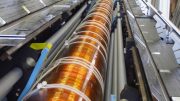
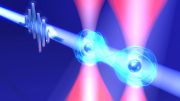
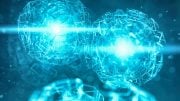
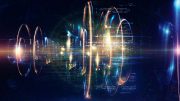
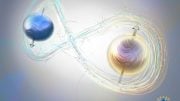
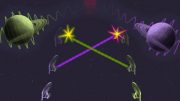
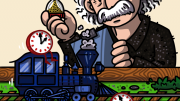
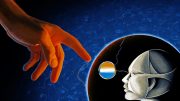
What is time? Is Time a thing or is it just a measurement? Time is always stated in relationship to something else. The tick of a clock is just a measurement. If the Universe was completely static would time stand still. If you were at the edge of a Black Hole, would your heart beat slow. If it did you would probably die. So the amount of heartbeats (in a fully protected environment) would stay relatively the same. So time as measured in heartbeats would be the same. If you bodily functions stayed the same at the edge of a black hole, it seems that you would age the same.
How can they measure the relative age of each particle?
Time dont exist time has done happen we are reliven whats done been done dejavu ring a bell?
Kevin your question is not quite accurately stated as there is only 1 particle, not two; one particle with 2 superposed trajectories which meet back in the single particle. But i have the same question about how they measure the age of a particle, and in paticular, what property or properties of the particle after its journeys will indicate that it now has 2 ages. i also wonder does this happen to particles in nature and under what circumstances. you have to know your test particle hasn’t already been there and done that.
Firstly of all we should understand that time is not a physical quantitie, it is imaginary quantity.So it cannot be controlled by speed. Instead of saying 24 hrs per day as 48 hrs per day will not make any change in the age of anything in this world or it will not double our lifetime.So twin paradox is wrong
Roll eyes…
Because that’s what humanity needs right now.. more accurate clocks and sensors…